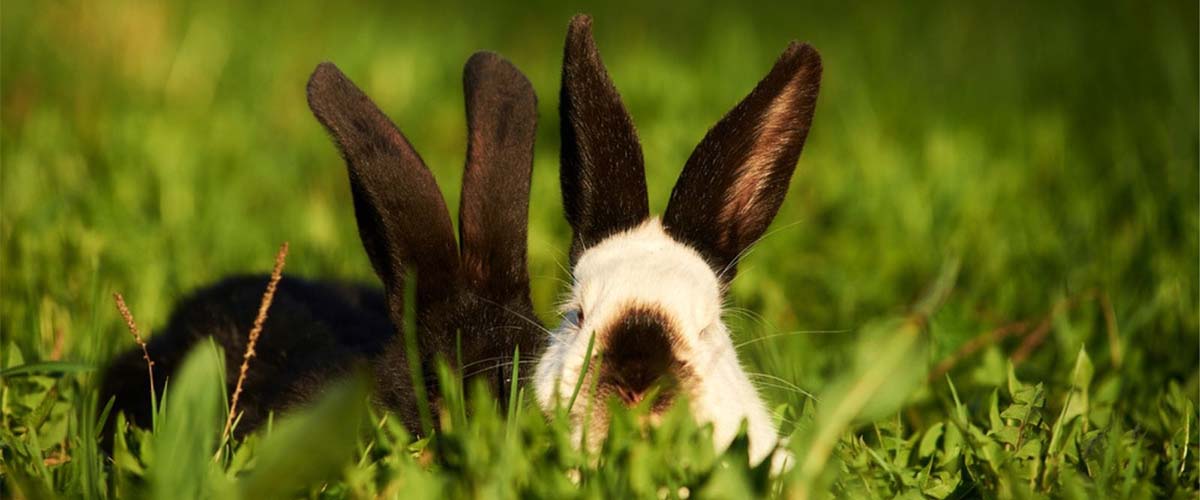Red, inflamed eyes in rabbits
Overview
- It’s common to assume that red, inflamed, sore eyes in your rabbit means an infection. However, many other conditions can cause similar symptoms.
- An eye problem in a pet rabbit often indicates a problem such as dental disease.
- The sooner treatment is started, the better the outlook for your rabbit - contact your vet as soon as you notice anything wrong.
General information
There are many different conditions that cause red, inflamed, sore eyes in rabbits; some are easily treated (such as eye infections), but others are harder to cure (such as xdental disease). Tell your vet about any other symptoms you have noticed, such as, pain, swelling, discharge, excessive blinking, holding an eye shut, cloudiness in the eyes or difficulty eating.
Causes
If your rabbit has red/swollen/inflamed eyes, they could be suffering from one of the following conditions:
- Dental disease - dental disease is a common cause of eye problems in rabbits because their teeth grow so closely to their eyes.
- An eye infection - commonly known as conjunctivitis.
- Something in the eye - such as hay, grass or straw.
- Dacrocystitis (an inflamed tear duct) - causes weepy, red eyes and often alopecia (fur loss) around the eye.
- A respiratory infection (‘snuffles’) - causes red, inflamed, weepy eyes, a snotty nose and noisy breathing.
- An allergy - often causes itchy eyes.
- An injury – eyes can get injured in fights, falls or by sharp objects.
- An eye ulcer - a wound on the surface of the eye that causes painful, weepy, red, inflamed eyes.
- An abscess - close to or behind the eye.
- Glaucoma - a painful increase in pressure inside the eye.
- Eyelash disorders - eyelashes that rub on the surface of the eye often cause pain, redness and swelling.
- Eyelid disorders - inward or outward turning eyelids often cause pain, redness and swelling/ inflammation.
- Myxomatosis - a deadly virus that fortunately we can protect against by vaccination.
Published: March 2020
Did you find this page useful?
Tell us more
Please note, our vets and nurses are unable to respond to questions via this form. If you are concerned about your pet’s health, please contact your vet directly.
Thank you for your feedback
Want to hear more about PDSA and get pet care tips from our vet experts?
Sign up to our e-newsletter
Written by vets and vet nurses. This advice is for UK pets only. Illustrations by Samantha Elmhurst.

